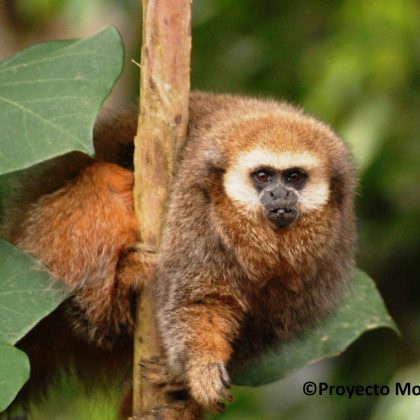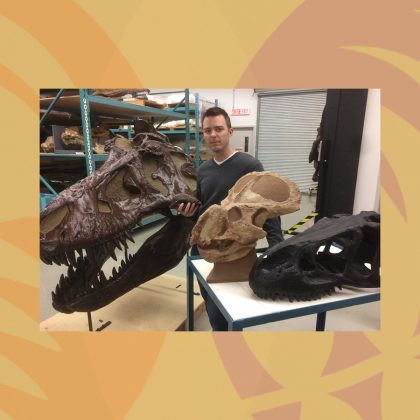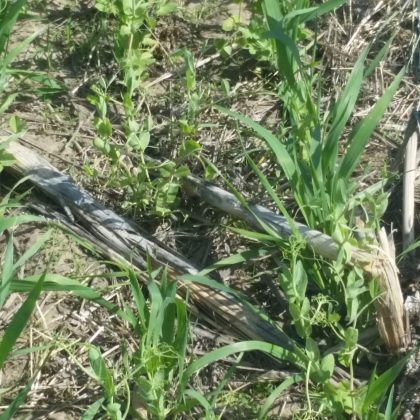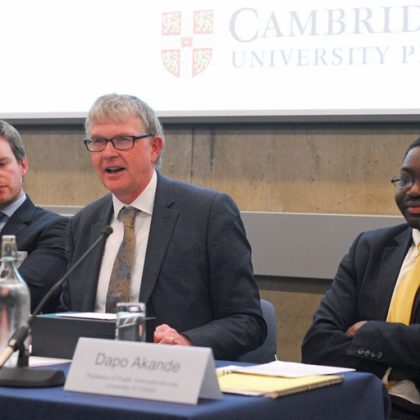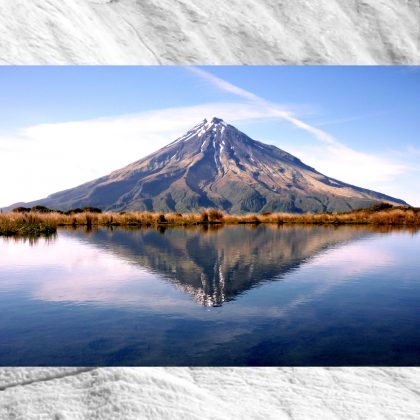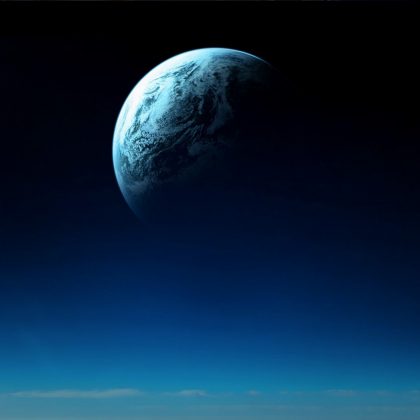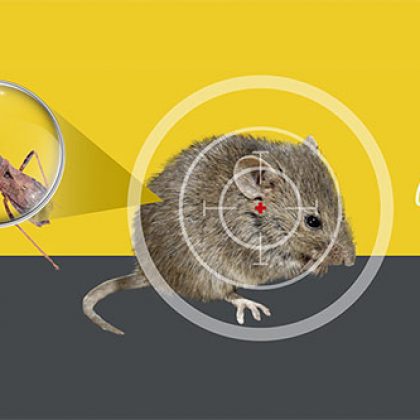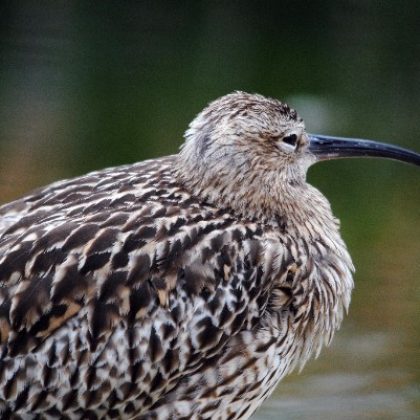Using habitat connectivity models to save endangered species: a case study for the San Martin titi monkey, in northern Peru
The latest EC Perspectives paper from Environmental Conservation is entitled ‘Rapid conservation assessment for endangered species using habitat connectivity models‘ by Danica Schaffer-Smith, Jennifer J.…
